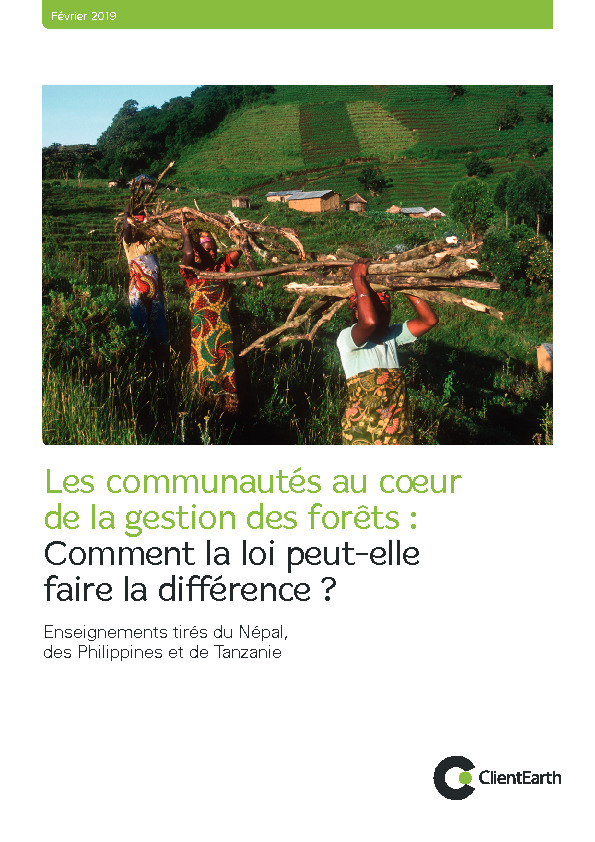Land Tenure in Rural Lowland Myanmar: From historical perspectives to contemporary realities in the Dry zone and the Delta
ABSTRACTED FROM EXECUTIVE SUMMARY: During the critical years following the 2012 land reforms undertaken in the midst of Myanmar’s political transition, Gret conducted an in-depth study combining qualitative and quantitative surveys in nine villages of Bogale and Mawlamyinegyun townships (Delta) and nine villages in Monywa and Yinmabin townships (Dry Zone). The full report and the synthesis are the result of more than two years in-depth research and 13 months of eldwork that involved an inter-disciplinary team of 11 international and Myanmar researchers.


